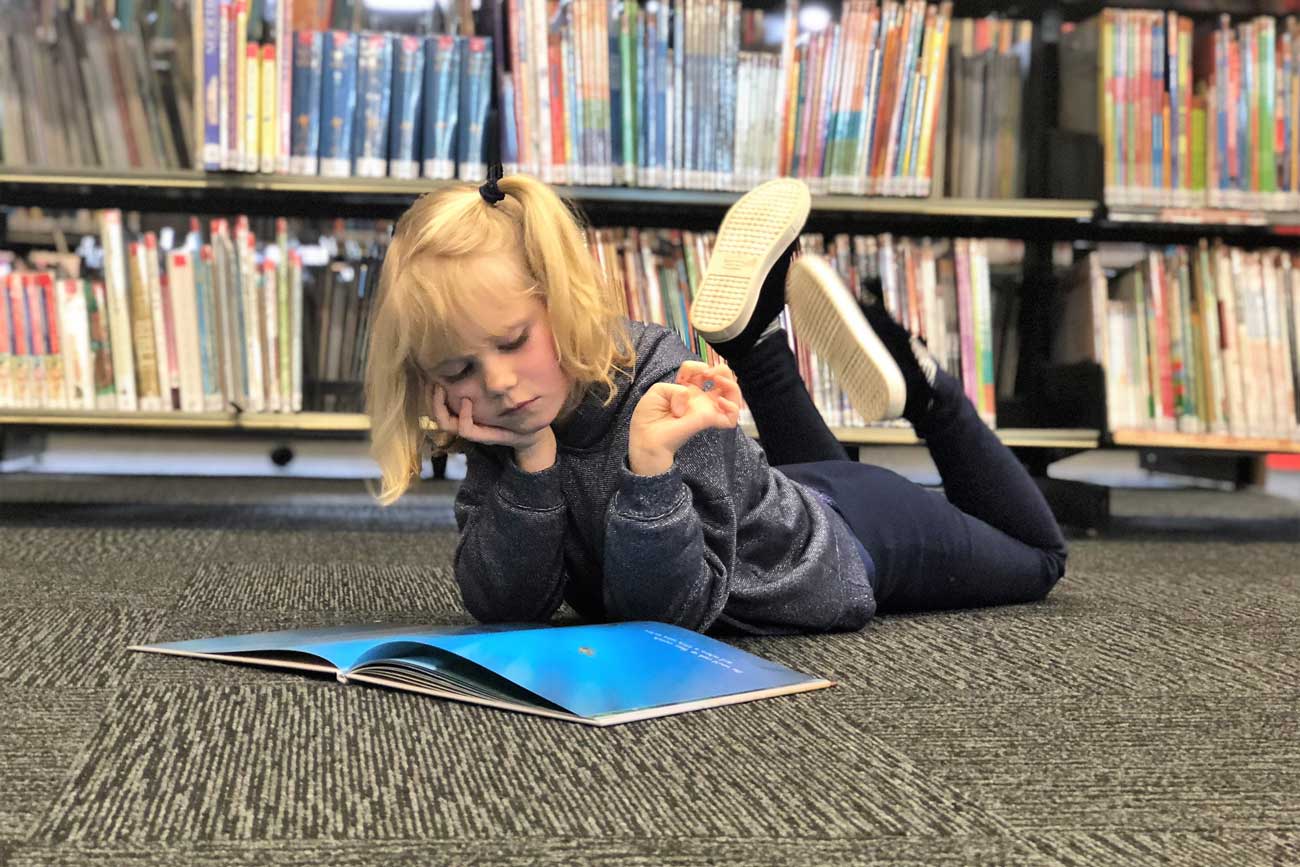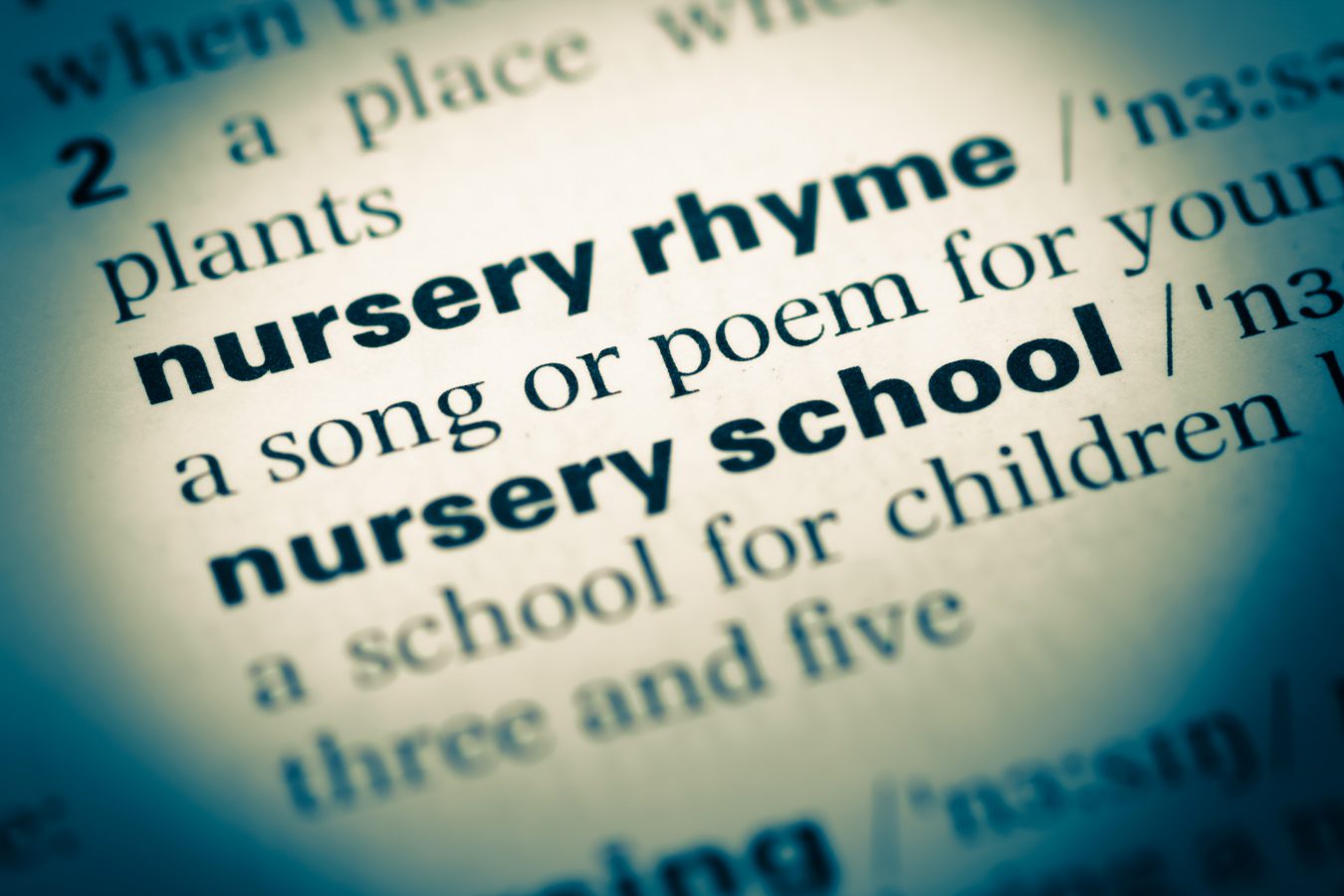
With time at home, we think it’s the perfect moment for young poets to enter our Student Poetry Competition, an event of our Arts Learning Festival. Here Diane Bourke provides some wonderful ideas to help inspire young poets.
Roses are red
Violets are blue
We savour poetry and hope you will too.
Percy Shelley once wrote, ‘Poetry lifts the veil from the hidden beauty of the world, and makes familiar objects be as if they were not familiar’, or as I love to quote, poetry is ordinary magic. Alternatively, Walter Scott once said, ‘Teach your children poetry. It opens the mind, lends grace to wisdom and makes the heroic virtues hereditary.’ I firmly believe we all need heroes to nourish the spirit.
Put simply, children need poetry. They are born poets, but the drawback is they require adults help to know it. Far from being an overwhelming task, it can be as simple as reading poems aloud to the children in your life. A love of poetry is contagious. In the words of Roger McGough, poet and president of the UK Poetry Society, ‘an early introduction to a world where a cow jumps over the moon and children live in a shoe will delight young listeners with the sheer music of sounds, as well as nourishing the imagination’.
Many poets have written with young readers in mind, to expose them to writing which is playful with language, paints mesmerising scenes and makes the mundane magical. Such poems create memories and insights that children can carry into adulthood.
Children’s poetry is often full of wonder, vivacity and joy. It can help a child become a more sophisticated thinker and show them how to see an everyday experience from a different perspective. It can enable them to make sense of the world and express ideas and feelings in a way that everyday dialogue cannot. It has been said that more meaning can be contained in a few lines of poetry than in an entire novel.
Poetry can have positive impact on children’s social and emotional learning by offering them new ways to think about the world and themselves. Poetry has the potential to teach children to be not only creative and curious, but also compassionate and courageous. While such characteristics may be instinctive to a point, children’s social and emotional learning (in which poetry can play a major role) offers children new ways to think about the world and themselves.
Maybe most importantly, children’s poetry can make reading more approachable. Poetry offers educational value for beginning readers as each poem with its story helps children understand sentence structure and how words fit together. Concealed in a poem’s lilting lines is the natural power to help a child improve their memory and acquire skills that lead to literacy. Playful rhythms, rhymes, and preposterous words grab children’s attention and give them a chance to succeed with language.
Phonemic awareness, the knowledge that words are made up of individual pieces of sound, is enhanced when children hear and recite poetry. Children who cannot distinguish and manipulate sounds within spoken words often have difficulty recognising and learning the necessary print/sound relationship, critical to proficient reading and spelling success.
Poetry is prose that’s usually written to be recited and the musical, rhythmical flow of poetry is perfect for promoting children’s fluency development. Fluency is seen as the bridge between word learning, decoding, and comprehension and is an essential component of any reading program.
Short, simple rhymes are appropriate for toddlers but, as they grow older, poems that are more intricate become appropriate. Children’s vocabulary will certainly be enhanced. Teachers sometimes call this approach scaffolding but there is also Reuven Feuerstein’s term, mediation. Mediation is like constructing a support system for children as they learn. The adult keeps raising the bar, exposing a child to increasingly complex language and ideas, but the adult is always there providing appropriate support.
I recall fondly visits to the park with my then three-year-old grandson. As he went skywards on a swing, we would recite Robert
Louis Stevenson 18th Century words:
‘How do you like to go up in a swing,
Up in the air so blue?
Oh, I do think it the pleasantest thing
Ever a child can do!’
Eight years on, he still remembers this poem and the experience.
Below you will find a short list of ideas that have worked for me as I endeavoured to weave poetry into our lives.:
- Hide a poem each week in your child’s lunch box
- Build a basket of poems to leave on the back seat of the car to be read on long drives or even a trip to and from school
- Hide poems around your home, a ceiling can be fun
- Attach poems to the leaves of an indoor plant, a little like on a Christmas tree.
Perhaps our favourite, though, is hiding poems in pockets. We did this after reading Beatrice Schenk de Regniers’ Keep a Poem in your Pocket.
‘Keep a poem in your pocket
And a picture in your head
And you’ll never feel lonely
At night when you’re in bed.’
Lastly below is a list of poetry anthologies you might enjoy.
If: a Treasury of Poems for Almost Every Possibility, edited by Allie Esiri and Rachel Kelly
A Poem for Every Night of the Year, edited by Allie Esiri
Off by Heart: poems for you to remember, edited by Roger Stevens
I’m Just No Good at Rhyming and other Nonsense for Mischievous Kids and Immature Grown-ups, by Chris Harris
World Rat Day: Poems about Real Holidays You’ve Never Heard Of, by J Patrick Lewis
Poems for the Very Young, Michael Rosen
Runny Babbit, A Billy Sook, by Shel Silverstein – anything by Shel Silverstein is a treat.
Diane Bourke is a Project Manager for Independent Schools Victoria. She was Head of Junior School, Campbell House, at The Geelong College for 16 years, and Head of Junior School, Morris Hall, Melbourne Girls Grammar for 15 years.
Like this post? Please share using the buttons located on this page.



